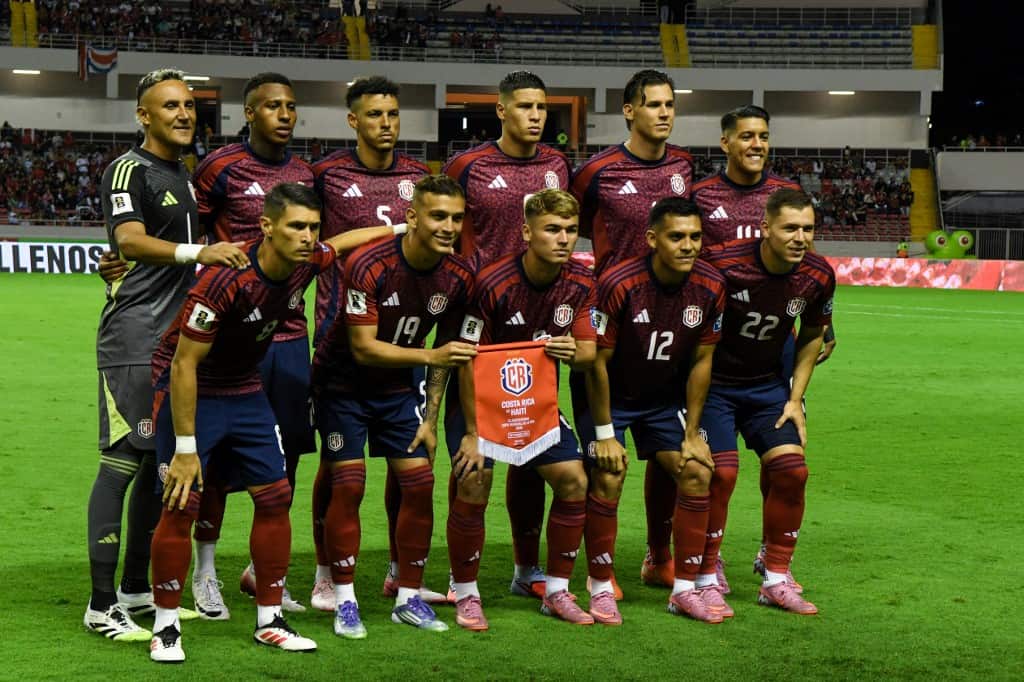Costa Rica’s national soccer team stands at a crossroads in the qualifiers for the 2026 World Cup. Fans across the country hold their breath as the team fights for a spot in the tournament hosted by the United States, Mexico, and Canada. Qualifying means more than games on the field—it ties into the nation’s pride and daily life. Ticos follow every match with deep passion, seeing the team as a symbol of unity.
Right now, the team sits in a tough position in Group C of the CONCACAF third round. After early matches, Costa Rica has picked up just two points, tying with Honduras at the top but lagging in goal difference.
The group also includes Haiti and Nicaragua, and with six games per team, the path ahead demands wins. A single loss could push them out of the top spots needed for direct qualification or a playoff berth. The team dropped seven places to 47th in the latest FIFA rankings, reflecting the struggles. Keylor Navas, the veteran goalkeeper, has called for fans and players to stick together amid the pressure.
Failing to make it would hit hard beyond the disappointment of missing the world’s top soccer event. The economic fallout could reach $120 million in total losses. Direct costs start with missed FIFA prizes, which range from $9 million to $12 million for participation alone. Add in preparation funds of $1.5 million to $2 million, plus revenue from television rights, sponsorships, and merchandise, and the total direct hit climbs to $14 million to $25 million.
The ripple effects spread wider, affecting everyday businesses and the broader economy. Bars and restaurants see spikes in crowds during World Cup seasons, with fans gathering for games. Advertising ramps up, media outlets gain from broadcasts, and tourism gets a lift as our country’s profile rises on the global stage.
These indirect losses could add up to $50 million to $70 million. Local clubs like Alajuelense, Saprissa, and Herediano feel the pinch too, potentially losing around $116,000 per player in development funds or transfer opportunities.
Players face personal setbacks. Without the World Cup stage, their visibility drops, cutting chances for big club contracts and endorsements. Estimates put this at $2 million to $5 million in lost deals, plus a $10 million to $15 million dip in overall market value. Past examples show the difference—after the 2014 tournament, Navas signed with Real Madrid, launching his career to new heights.
The team has time to rebound. Upcoming fixtures offer chances to gain points and climb the standings. Coaches and players know the stakes—qualifying secures not only a place in history but also shields the economy and spirit from heavy blows. Fans hope for that push, turning the current worry into triumph.






